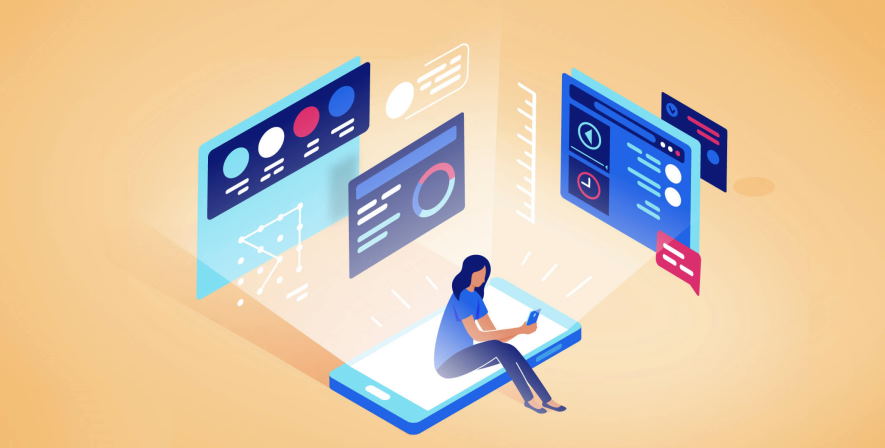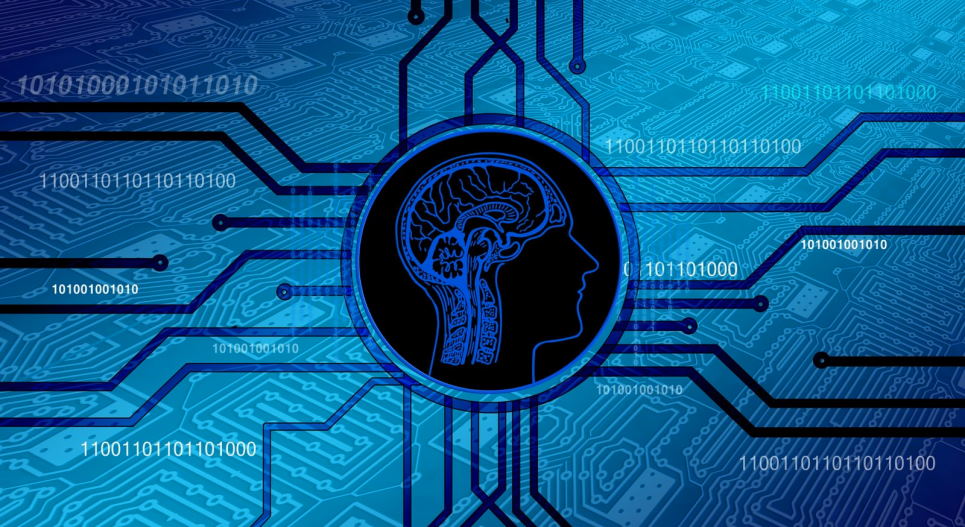Every day, we generate data. Whether it’s a post on social media, the number of steps we take, or what we buy online, data is being created at an alarming rate. But what does that mean for our lives? And more importantly, what does it mean for the future? In this blog post, I’ll explain the concept of datafication and why you should care. I’ll also discuss how it could impact your life in the years to come. So, read on to learn more!
What is datafication, and how will it impact you?
What exactly is datafication? In a nutshell, datafication is transforming everyday objects and activities into digital data. This data can then be collected, analyzed, and used to generate insights and make predictions.
Datafication is made possible by technological advances, particularly the proliferation of sensors and other devices that can collect information about the world around us. For example, your smartphone is equipped with various sensors that can track your location, movement, and even your heart rate. And as more and more devices become connected to the internet (a phenomenon known as the “Internet of Things”), the potential for datafication only grows.

So why should you care about datafication? There are a few reasons:
- Datafication can help you better understand the world around you.
- Datafication can help you make better decisions.
- Datafication can help you improve your products and services.
- Datafication can open up new business opportunities.
- Datafication can democratize access to information and empower individuals and organizations.
The concept of datafication is still in its early stages, but it’s already starting to have a profound impact on our lives. As datafication evolves, it will only become more ubiquitous and influential. So it’s important to understand what datafication is and how it works.
The dangers of datafication: what you need to know about how your personal data is being used
In the digital age, our personal data is increasingly being collected, processed, and stored by businesses, governments, and other organizations. This so-called ‘datafication’ of our lives raises a number of potential risks to our privacy, security, and autonomy.

One of the key dangers of datafication is that it can lead to discrimination. For example, suppose businesses or employers can access our personal data. In that case, they may use it to unfairly discriminate against us – for example, by only offering us certain products or services based on our demographic profile or refusing to employ us based on our browsing history.
Another danger of datafication is that it can be used to manipulate and influence our behavior. For example, social media companies may use our personal data to target us with ads and content designed to keep us engaged on their platforms. This can have a negative impact on our mental health and wellbeing, as well as distort our view of the world.
Finally, datafication also raises security risks. As more and more organizations hold our personal data, this creates more opportunities for it to be leaked, hacked, or otherwise mishandled. This could lead to identity theft, fraud, or other serious harm.
